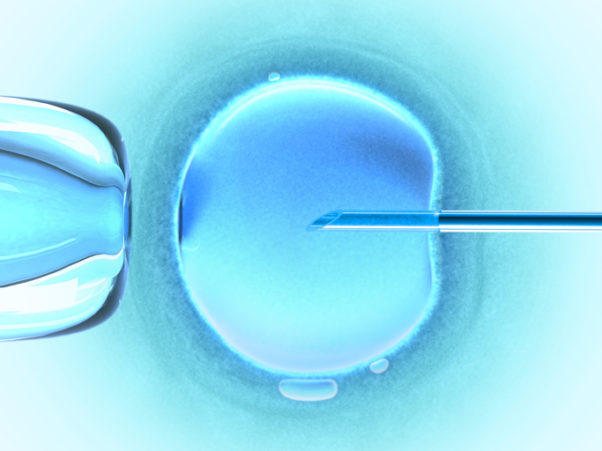A nationwide shortage of sperm donors is driving British women to rogue online sperm banks and foreign donors, says a new report.
Three quarters of donated sperm used in the UK is now shipped in from overseas, often after being purchased online from poorly regulated clinics.
The report by the fertility charity Progress Educational Trust (PET) said the shortage was putting women at risk of sexually transmitted infections (STIs) and increasing the likelihood of their children having genetic conditions. It is calling for a recruitment drive to get men in England to donate sperm to the NHS, urging those aged 18-45 with no health problems to sign up.
Sperm donation is regulated by the Human Fertilisation and Embryology Authority (HFEA) and all donors are screened for heritable medical conditions. Under UK law donors cannot be paid, receiving £35 in expenses, and they cannot remain anonymous. Children get the right to find out their father’s identity on their 18th birthday.
Women can obtain donor sperm from a licensed fertility clinic either on the NHS or by paying privately, but long waiting lists because of England’s chronic sperm shortage mean many look abroad instead. Private clinics can import from overseas sperm banks which offer online profiles of donors, showing characteristics including eye colour, race and hair colour.
















